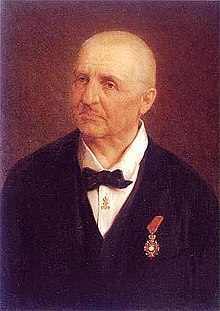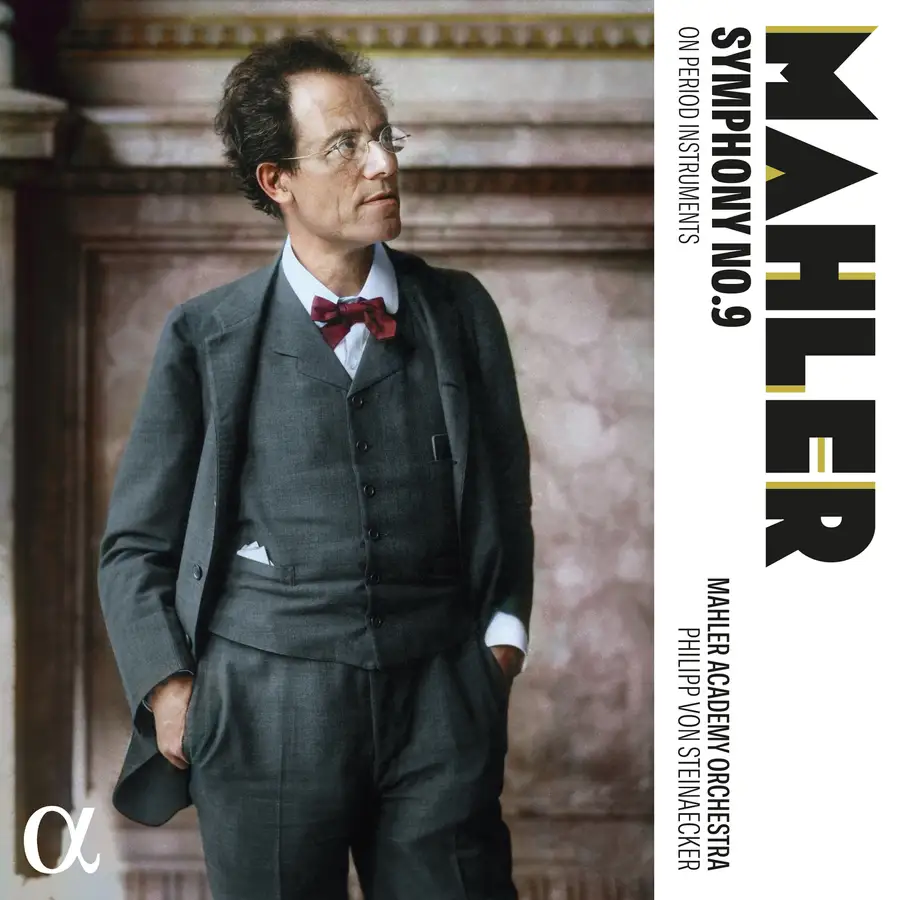Streaming Classical (22-9): Love and Death
Dabbling in Hifi definitely takes time away from other things, like writing. While I’ve listened to tons of new discs, it astonishes me that it’s been almost 4 months since my last Streaming Article. About time!
Bach First and foremost, a gem of a Bach disc (2022 winner of the prestigious Opus Klassik, Solo Vocal Recording). Soprano Miriam Feuersinger lives and breathes three Solo Cantatas, backed by Capricornus Consort Basel (On small label Christophorus). Cantata BWV51 Jauchzet Gott in allen Landen is one of Bach’s most famous and certainly does not lack recordings as even opera divas (like Hendricks) love to set down their accounts. I grew up with Elly Ameling’s account (Philips), which features as trumpet soloist the great Maurice Andre. Not all opera singers sing Bach Cantatas (but Ameling certainly did), which require a different set of skills. Familiar as I am with the program, I’m stunned by the projection of Feuersinger. I revisited several other versions but this one is now my favorite. Even more astonishing is the opener, BWV 82, Ich Habe Genug. Bach originally composed it for Bass and, in this form, it had been recorded by many famous Bass (and Baritones). I grew up with the classic mono Hans Hotter (Warner/EMI Icon). But I have never heard the Soprano version, which Bach himself transcribed (the booklet says likely for Anna Magdelena, a competent singer). It sent waves of shivers down my spine! The way Feuersinger inhabits every word, the way she transitions between fear and longing, between her chest and head voices are simply mesmerizing. This listener, not versed in German (but know how things should go), hangs on to her every word in the Recitatives by his fingernails. This is the hallmark of the greatest Bach singers. And in the lesser-known BWV 84, Feuersinger is also sublime (I listened to several others, including one led by the estimable Herreweghe, and none can compete). And it’s not just diction and characterization, her voice is attractive too, with a secure alto-like lower end and clarion highs. No wonder Feuersinger makes Bach her specialty and I shall duly investigate her other recordings (many Bach cantatas and Graupner). Also, the orchestra is excellent and some of the spacers, like a trio sonata, are ravishingly played. Great sound. One of the year’s best albums; indeed, one of the best Cantata albums ever.
For devotees of Bach’s Keyboard Concertos, Il Pomo d’Oro/Francesco Corti had just concluded their wonderful 3-volume survey (Pentatone). Cello elder statesman Valentin Erben (decades with the Alban Berg Quartet) had recorded the Bach Solo Cello works (with organ interludes by his son; Paladino), worth dipping into in doses (an earlier Beethoven Cello Sonatas with Shani Diluka has its moments too, on Mirare).Biber My favorite maybe the transcendental Mystery Sonatas, but his other Violin Sonatas should also be avidly listened to. The latest, a complete cycle by hitherto unknown to me Plamena Nikitassova, with Les Elemens (CPO) just blew me away. Many famous baroque violinists have tackled these but she’s the first one that compelled me to imbibe the whole cycle at once. Quite a feat!
More Great Violinists I have always been a fan of violinist Lisa Batiashvili (particularly for her tone) and own many CDs of her. Her latest Secret Love letters (DG) is a real stunner! I wasn’t keen at first about her programming the Franck Sonata (I'm sure I'm not the only one OD'ed) but I was immediately mesmerized by her tonal shadings (no easy matter in this warhorse). I have always been a fan of the Szymanowski Concertos and here it is a ravishing account of No. 1 with the Philadelphia Orchestra under Nezet-Sequin. The same team went on to deliver a very fresh sounding Chausson Poeme (so much more satisfying than Hilary Hahn’s chaste version). This album is a must-hear/buy.Another violinist that I have long followed is Augustin Hadelich, whose Warner recordings are going from strength to strength. The latest, named Recuerdos (Spanish for Memories, named after the Tarrega encore at the end). Again, this album offers very fresh looks at well-known pieces. It opens with Sarasate’s Carmen Fantasy, then Prokofiev’s No.2 and then Britten’s, all in stirring performances, impeccably partnered by the WDR under Christian Macelaru. If you have yet to hear the masterpieces of Szymanowski and Britten, here’s your chance to do so and wallow in resplendent sound.
For a different kind of violinist, I urge you to listen to Carolin Widmann. Her latest Solo Violin recital, L’Aurore (ECM) is a well curated program that will start you off well. She has numerous programs that blend modern music with classics, most on ECM. Her Schubert and Schumann violin works are regarded as definitive. Another gem is the Mendelssohn and Schumann concertos, to me tops. She has a very finely spun sound, full of intricate details. In some ways, she reminds me of another one of my favorite violinists, Antje Weithaas. Another violinist with a modernist bend is Sueye Park, whose Journey through a Century (BIS) is excellent. She's also soloist of the excellent Isang Yun VC mentioned near the end.
Mozart Time to catch up with one of Mozart’s most congenial masterpieces, the Sinfonia Concertante for Violin and Viola. Frank Peter and Tabea Zimmermann deliver a nice modern account with SWR/Gelmetti. I can never get enough of this violist. The coupling is odd, Symphony No. 40. Gelmetti, an experienced opera conductor, had his moments but the finale could project more. Sony has been recording the Kammerakademie Postdam under Antonello Manacorda, and the results have been fantastic. The lithe music making is wonderful for the last 3 Mozart Symphonies (their Mendelssohn is top drawer too).

Old Modern Music continue to be relevant, much beyond their years. Werner Henze’s Tristan, almost 50 years old and just as many minutes of it, features on Igor Levit’s new album on Love and Death (Sony), with the Leipzig Gewandhaus under Welser-Most. It is a magnificent work for orchestra, piano and synthesizers, whose sonorities are utterly engrossing. The synthesizers’ contribution (like the menacing bass beats) will sometimes remind classic rockers of contemporaneous rock, such as Pink Floyd. The appearances of snippets of Brahms 1st symphony seems like a dream, and recall (Mahler and Shostakovich love to quote and re-quote). Just magnificent as sound, and audiophiles should not miss it. And then there is the substantial Prelude to Act I of Wagner’s Tristan und Isolde (by Zoltan Kocsis) and M10 slow movement (by Stevenson). Rounded out by a little Liszt, this is a great program - somber, but rewarding, especially if you have access to the Liner Notes. And then there is the music of the legendary Isang Yun (once kidnapped by North Korea), which I’ve always liked. A recent disc of his late works, with Sueye Park and the Seoul PO under Osmo Vanska (BIS) is just a classy reproduction. I luxuriated in its texture for the duration. These old moderns can enrapture me like few current composers can.
Chamber Music For Beethoven, I grew up on the old cycles of Vegh and Talich Quartets (and heard the latter live in the 80’s). Those recordings are not optimal in sound, but musically priceless. I have not followed the Talich Quartet's latest line-up, but just heard a Dvorak American (La Dolce Vita) that just blew me away! This is just about perfect in performance and sonics, and better than many recent rivals. I’ll have to catch up on their many recordings on this label, and I’m sure that shall be a great pleasure! And, as a fan of Chausson, I marveled at the Portugese violinist Bruno Monteiro, who led a Trio that excelled in Chausson and Ysaye (EtCetera). For the same label, Monteiro has several excellent albums.
Solo Kissin Live in Salzburg (DG) is a very good album that lets you savor the latest of this unusual pianist. Cool and calm, yet warm. Not everyone will like it, but it’s worth a listen. Crossovers And then, sort of solo album. Protege of Barenboim, Kian Soltani Unlimited (DG) is an album of transcribed film scores, where he played all the parts in overdubs. I’m not a fan of those blockbusters, but the music is surprisingly listenable - a good effort at crossover. Another crossover figure is violinist Mari Samuelsen (DG). Her latest, Lys, is “ECM” style and soothing, and many will like it. Her previous albums I found harder to like, in part due to the bland music and in part her somewhat gritty tone.

























No comments:
Post a Comment